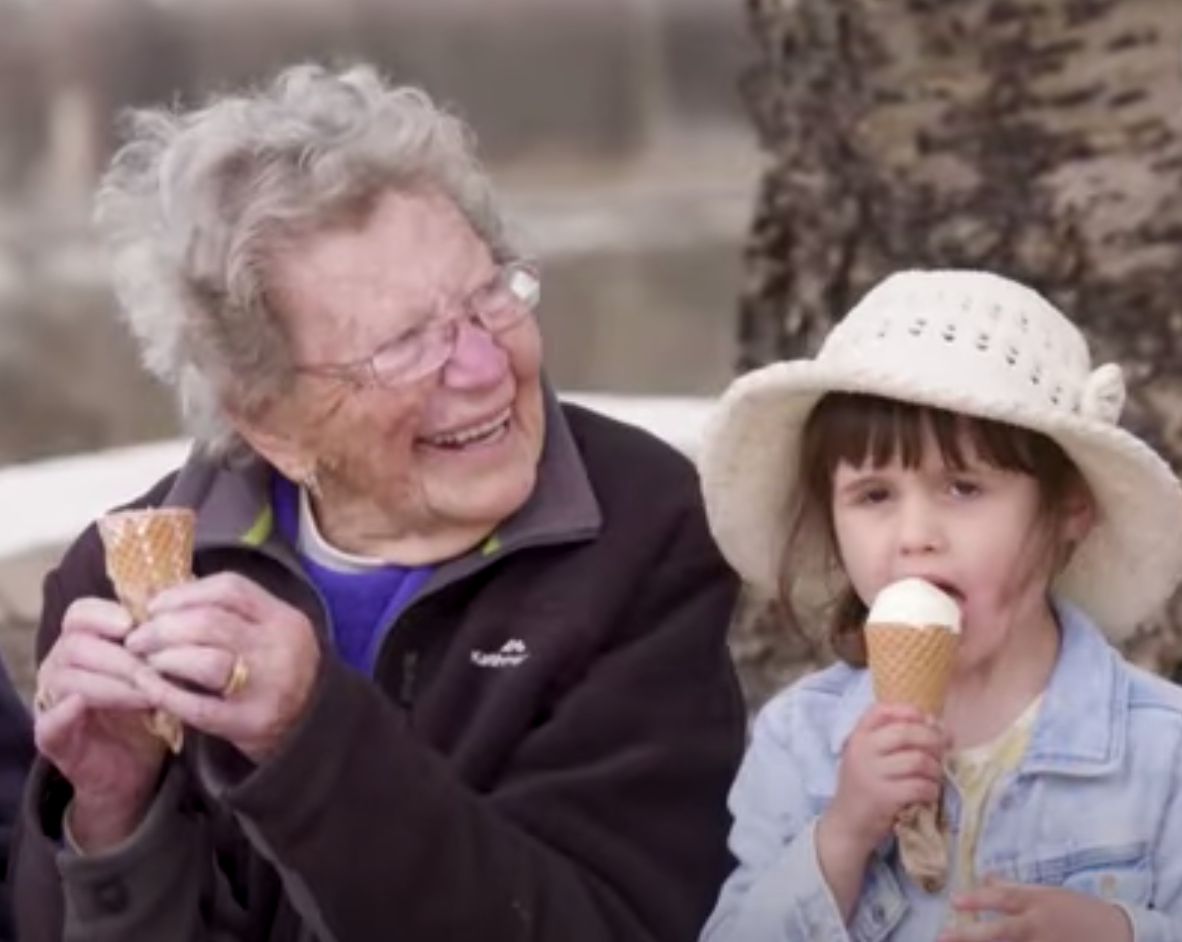INTERACTION: Intergenerational clinical trial in at risk older adults and pre-school children


Associate Professor Ruth Peters
Associate Professor Ruth Peters

Associate Professor Ruth Peters
Associate Professor Ruth Peters uses clinical trials, evidence synthesis and observational studies to develop understanding of risk factors for cognitive decline, dementia and frailty and ways to reduce this risk.
Following the completion of her PhD at Imperial College London she was awarded a UK National Institute of Health Research Post-Doctoral Fellowship prior to moving to Australia in 2018. She has led numerous teams delivering high profile evidence synthesis work in the area of dementia and healthy ageing and has a particular interest in cardiovascular risk factors including hypertension. In particular, she was the dementia lead for the award winning multinational Hypertension in the Very Elderly Trial (HYVET, HYVET-COG) and both her work in hypertension and evidence synthesis are cited widely in the academic literature and by national, international and WHO clinical practice and health guidelines.
While better medical care and healthier lifestyles have increased lifespans across the world, birth rates in developed countries have fallen, producing an unprecedented surge in the proportion of citizens aged 65 and over.
That presents a challenge: how to help these older people stay active and engaged with their community, especially as many of them are likely to be living alone and, often, geographically remote from extended family. Neuropsychologist A/Prof Ruth Peters was intrigued by the emerging intergenerational practice movement – which brings together different age groups to foster social connections and promote cognitive and physical engagement – and wanted to explore how it could be applied in Australia.
She had already reviewed the international evidence and conducted an Australian survey on possible approaches, and was ready to put her ideas into action.
About the project
Through the INTERACTION trial, researchers ran weekly intergenerational preschool programs for older adults in the community. Each two-hour session included shared activities targeting physical and cognitive function and mood, tailored to the Early Years Learning Framework for Australia.
The intergenerational sessions were well received and attended by children and older adults in two Sydney communities, who described friendships and joy. The next step is to expand to more locations to show beyond doubt whether these sessions can bring health benefits, which could include improving older adults’ physical and cognitive abilities, mood and social engagement, while helping them maintain independence and preventing frailty. Benefits to the children may include increased empathy and language ability. If shown to be effective, there are opportunities for scaling up the programs and making them available within existing community facilities nationwide.
The research team evaluated whether the intergenerational sessions are acceptable and deliverable, measuring physical and cognitive performance, mood and quality of life in the older adults, and language and socio-emotional development in children.
Objectives:
- To evaluate whether at-risk older adults agree to participate and attend community intergenerational programs.
- To evaluate whether existing health service infrastructure can serve as referral mechanisms for programs like these.
- To generate estimates of efficacy to inform expansion of sites into a confirmatory trial.
Media and Publications
Achievements and Outcomes
The successful development and implementation of pilot trial indicating feasibility and acceptability of novel intergenerational program.
The project achieved significant additional funding secured to scale pilot activities and trial clinical outcomes of intergenerational programs in multiple settings throughout Australia.
Project Status
This project is concluded, with the team securing additional funding through a $3.7 million grant from the National Health and Medical Research Council (NH&MRC) for Clinical Trials and Cohort Studies.
This funding will facilitate the collaboration of researchers from eight prominent Australian and international universities and research institutions in the groundbreaking INTErGenerational Intervention to Reduce fraIlTY (INTEGRITY) trial.
This four-year study will establish around 44 clusters, each consisting of approximately 10 local adults aged 65 and over, and 10 local children aged 3 to 5.
The trial will assess a community-based program that is co-developed and intended to be adaptable, reproducible and community-led in preschools and various community locations across Australia.
Funding Sources
- Commonwealth grant funding awarded by the Australian Government Department of Health and Aged Care
Semaglutide to reduce metabolic risk in people with psychosis
Youth Integration Project
Community in Motion
no Body left behind
Keeping the Body in Mind(gardens): Resources
Interested to hear more?
Do you want to learn more about past or present Mindgardens work?
"*" indicates required fields
Brings together the strengths of four founding organisations




